No Marvel origin story has captured the lightning-in-a-bottle magic of Peter Parker’s origin like 2014’s Ms. Marvel. Much like Stan Lee and Steve Ditko, G. Willow Wilson and Sana Amanat succinctly keyed into the cultural and social crossroads of the time – minus the Randian objectivism – and through Kamala Khan’s journey of self-discovery and angst, created one of the most important stories Marvel has ever published. So it comes as no surprise that, like the comic, no live-action Marvel origin story captures the same Spider-Man magic as Ms. Marvel.
Writer Bisha K. Ali does the thankless feat of transposing Kamala’s origin on the page to an origin fit for the Marvel Cinematic Universe’s slate of the upcoming films, with the biggest change being the source of her powers. Kamala goes from being an Inhuman, a race of aliens damned by Marvel Studios, to an average teen with a magical weapon. It’s a change that’s yielded much derision from comic loyalists and applause from more apologetic fans. Yet in spite of such a massive change, audiences will be pleased to see how the rest of the Kamala Khan magic remains intact. In spite of all the worldbuilding and slate building mandates, Ali keys precisely into the heart of the comic. And this is what ultimately makes Ms. Marvel Kevin Feige‘s nth consecutive winner: the family, friendships, and the hardships on full display.
Through a charming supporting cast and a transcendent lead in Iman Vellani, Kamala’s life unfolds in earnest ways. Her parents Muneeba and Yusuf, played by Zenobia Shroff and Yohan Kapur respectively, are Amblin-esque in the way they raise their children. They’re stern but never callous; wary of the cultures of the West but aren’t out of touch. There’s a perpetual warmth to their words even as they scold Kamala for screwing up. In a cinematic universe where awful parental figures are baked into its DNA, the Khans loom large.
The same can be said for Kamala’s best friends Bruno and Nakia, who give Ned Leeds and MJ a run for their money as the quintessential buddies in the MCU. Bruno and Nakia serve as sturdy support systems for Kamala, both practically and emotionally. Bruno is her guy-in-the-chair; a tech wunderkind with a foundational knowledge of all things superhero. Matt Lintz plays him with an exciting eagerness that doesn’t feel like a rehash of Ned Leeds. His concern for Kamala borders on the romantic and is treated by the writing with such profound maturity. Even though his longing for Kamala is brushed aside by her own interests, he’s never bogged down by bitterness and goes far as to be a close friend to the Khans.
Whereas Bruno is Kamala’s connection to her superhero business, Nakia is Kamala’s connection to her community. Part of Kamala’s inner conflict over her identity and duty is examined in her moments with Nakia, who is more faithful to the community Kamala finds herself always rebelling against. And like Bruno, the writing treats this contrast with dignity and understanding that their differences never come across as antagonistic. Nakia is sharply defined by the sincere idealism and determination evoked by Yasmeen Fletcher. Her arc seems minute compared to Kamala and Bruno’s superhero adventures but nonetheless feels meaningful thanks to Fletcher’s performance.
All the wholesomeness and positivity emanated by the strong cast of characters coalesces into the vibrant ball of energy that is Kamala Khan, played by a rapturous Vellani, whose puppy-dog eyes instantly captures the upbeat, wide-eyed naivete of Kamala in the comics. The cadence Vellani brings to each moment is so infectious that the show sees itself morph stylistically around her. Much of Kamala’s perspectives are contextualized visually by the striking cinematography and editing. Scenes whip pan into one another, mirroring Kamala’s quick wit and frantic enthusiasm for the world around her. The show’s diegesis is constantly disrupted by Kamala’s musings that bring life to her superhero sketches onscreen. These quirky, animated sketches give the show a comic-like two-dimensional flair. Even Vellani’s musical tastes bleed into the show as composer Laura Karpman‘s bubblegum electropop soundscapes permeate each scene. Vellani’s performance is so deeply indisputable that this version of the show would not exist without her.
Whether it’s intentional or not, Ms. Marvel is rife with sentimentality. Sentimentality over the MCU’s own mythology and for heroism that’s hopeful and optimistic. The big Captain Marvel question is lampshaded at the very beginning but it’s an unconvincing attempt to bridge Carol Danvers’ glaring lack of Earth adventures with Kamala as an heir to the mantle. While The Marvels is obviously slated to resolve that issue, its impact, or lack thereof, on Ms. Marvel is faint at best. Kamala’s impetus to be heroic is better contextualized through the legacy of the Avengers and all the superheroes of the MCU as a whole rather than Carol herself. Nonetheless, it’s through this legacy that new heroes are created and the show examines that purposefully.
In the wake of Moon Knight and Doctor Strange in the Multiverse of Madness, the lack of grit and cynicism in this show feels deliberate. Ms. Marvel is ultimately a story of identity and finding hope in that identity. Even as Kamala’s teen angst begins to intersect with the grim ramifications of superheroism, the optimism in the writing never runs dry. The end result is a deeply feel-good coming-of-age tale that, in many ways, serves as the quintessential Silver Age origin story of the MCU.







